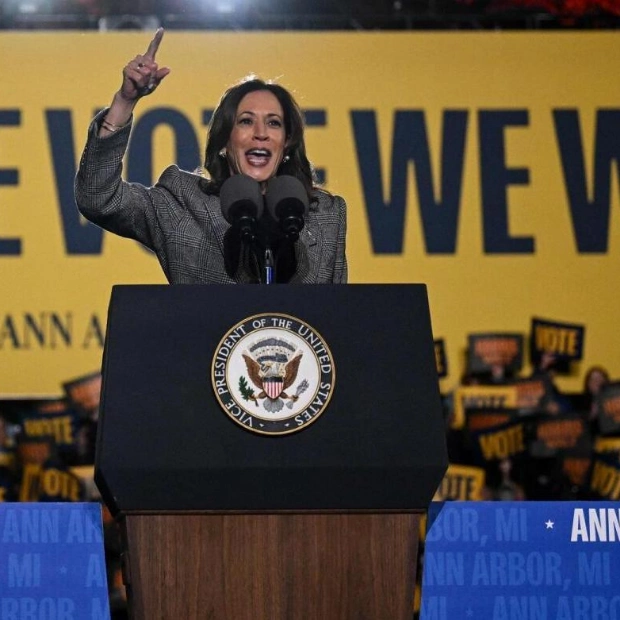Question: Is there a chance that interest rates in India might decrease? I'm considering investing in property, partly financed through a bank loan.
ANSWER: The Reserve Bank of India has maintained current interest rates, contrary to market expectations of a reduction. Recently, retail inflation dropped to a five-year low of 3.5 percent in July due to reduced prices of fruits, vegetables, and household items. This has sparked hopes for a rate cut by the end of the fiscal year. The National Statistical Office reports rural inflation at 4.1 percent and urban at three percent. With increased acreage by 1.4 percent in the current planting season and expected favorable monsoon conditions in September, inflation could further decline. Consequently, interest rates are anticipated to drop in the fourth quarter, stimulating the economy and aiding borrowers.
Question: India is famous for its software developers, but most software is exported to developed countries. Is India utilizing this software for its own growth and benefiting its people?
ANSWER: India has not only expanded investments in physical assets but also leads in creating intangible assets like know-how, design, software, data, and brands. These intangible assets, despite their non-physical nature, can generate significant value for companies, economies, and societies. According to the World Intellectual Property Organisation (WIPO), India has the fastest growth in intangible investments, driven by data, software, new financial products, and domestic brands. The World Intangible Investment Report shows India ahead of the US, France, Germany, and the UK in this area. In 2019, intangible investments accounted for over 10 percent of India's GDP, indicating a higher investment intensity than expected for its development level.
Question: My brother, a senior partner in a mid-sized chartered accountants firm, is considering merging with another to gain access to large corporations. Are there regulatory challenges to this plan?
ANSWER: The government is considering amendments to the limited liability partnership law to facilitate the formation of domestic audit firms on par with international giants. Discussions with the Institute of Chartered Accountants of India (ICAI) are ongoing to streamline the regulatory process for merging accounting firms. The ICAI has revised its guidelines, allowing firms to separate after a merger within ten years instead of five and retain their original names. Additionally, ICAI has decided not to charge fees for name freezing. This initiative aims to encourage smaller firms to merge, enhancing their potential and ability to handle large corporate assignments. The proposal also allows LLPs to become members of other firms, enabling joint ventures in accounting and auditing while retaining individual identities.






